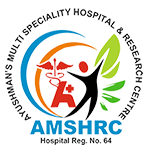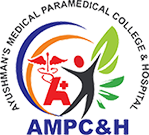Postgraduate Diploma
A Postgraduate Diploma is a university qualification pursued after a bachelor's degree to gain specialized skills in a particular field, typically taking less time and costing less than a full master's degree. It offers advanced knowledge and practical skills, serving as a career boost or a step toward a master's degree.
- These programs are available in many disciplines, from vocational fields to academic ones, providing focused learning and advanced expertise.



ELIGIBILITY CRITERIA
Requires a bachelor’s degree, often with a minimum aggregate of 50–60%, though this can vary by institute.
PG Diploma Specializations & Career Paths
- Management & Business: Digital Marketing, HR Management, Business Administration, Product Management, International Business, Corporate Communication
- Technology & Data: Data Science, AI & Machine Learning, Cyber Security & Laws, Computer Applications, Cloud Computing, Web Development, VLSI, GIS, Remote Sensing
- Media & Communication: Journalism & Mass Communication, Business Journalism, Advertising & PR, Corporate Communication
- Healthcare & Related Fields: Hospital & Health Management, Geriatric Medicine, Maternal & Child Health, HIV Medicine, Medical Devices (e.g., NIPER Guwahati’s PG Diploma in Medical Devices)
- Humanities & Social Sciences: Women’s & Gender Studies, Extension & Development Studies, Agamic Studies, Rock Art Heritage, Social Work Counseling, Gandhi & Peace Studies, Early Childhood Education (e.g., IGNOU, Pondicherry University)
- Technical & Emerging Fields: Renewable Energy, Bio-Technology, Cartography, Multimedia Technology, Fashion Designing, Ecoplanning, Clinical Psychology, Agribusiness, Tourism Management, etc.
Benefits of Pursuing a PG Diploma
- Shorter duration, enabling quicker entry into the workforce.
- Cost-effective alternative to full master’s programs.
- Focused practical skill development tailored for industry roles.
- Flexible delivery models—full-time, part-time, distance, hybrid, or online.

